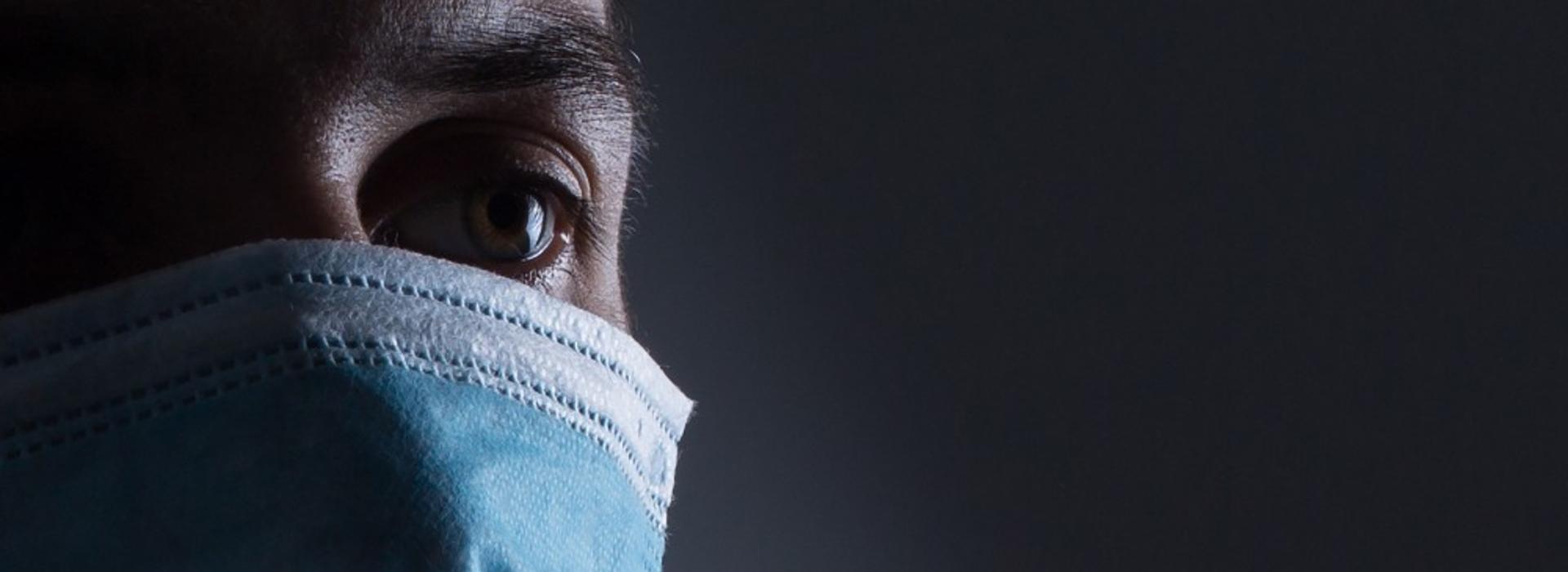
University of Minnesota leading clinical study on the impacts of Long-COVID
COVID-BRAIN is expected to study and understand the effects of Long-COVID in the human brain
MINNEAPOLIS/ST. PAUL (02/11/2022) — The University of Minnesota Center for Magnetic Resonance Research is leading COVID-BRAIN, a multiyear study aimed at understanding how Long-COVID impacts our brain.
“Globally, millions of COVID-19 survivors are suffering from debilitating symptoms for months after the infection and many of these are related to the brain,” said Gülin Öz, PhD, a professor of radiology at the University of Minnesota Medical School and the study’s principal investigator.
According to the American Academy of Physical Medicine and Rehabilitation, an estimated 22 million people in the U.S. may be experiencing symptoms of Long-COVID. These symptoms could include headaches, brain fog, feeling excessively tired, dizziness, memory problems or loss of taste or smell.
“In this study we will use advanced imaging to understand the underlying biology of these symptoms, and would especially like to work toward this goal with communities who were affected the most by the disease,” Öz said.
The COVID-BRAIN study is being conducted in collaboration with Mayo Clinic Rochester, Massachusetts General Hospital Martinos Center, Johns Hopkins University School of Medicine and Houston Methodist Research Institute.
Individuals interested in participating in the study should visit the study’s web page at CovidBrainStudy.umn.edu. Participants are needed both as part of the patient population and the control group. Study participants may receive follow-up for up to two years.
This study is funded by the National Institutes of Health. Once the research from the study is completed, the research team plans to publish their data in a peer-reviewed journal.
-30-
The Center for Magnetic Resonance Research is a part of the U of M Medical School Department of Radiology.
About the University of Minnesota Medical School
The University of Minnesota Medical School is at the forefront of learning and discovery, transforming medical care and educating the next generation of physicians. Our graduates and faculty produce high-impact biomedical research and advance the practice of medicine. We acknowledge that the U of M Medical School, both the Twin Cities campus and Duluth campus, is located on traditional, ancestral and contemporary lands of the Dakota and the Ojibwe, and scores of other Indigenous people, and we affirm our commitment to tribal communities and their sovereignty as we seek to improve and strengthen our relations with tribal nations. For more information about the U of M Medical School, please visit med.umn.edu.